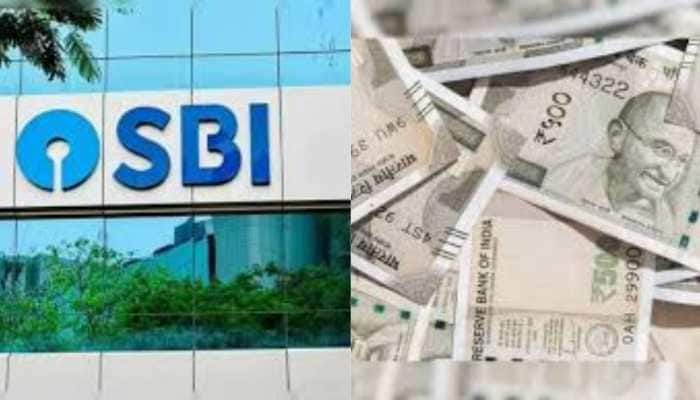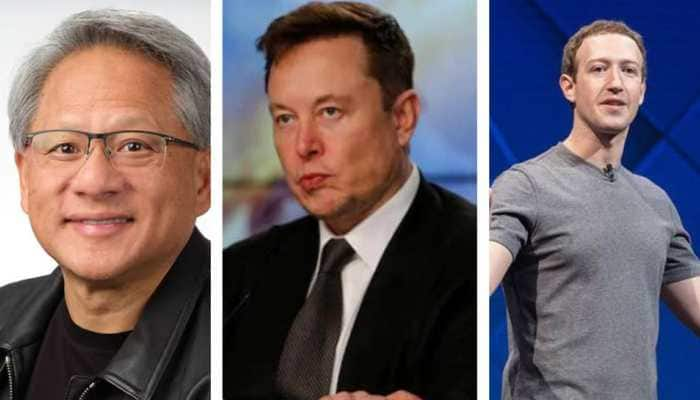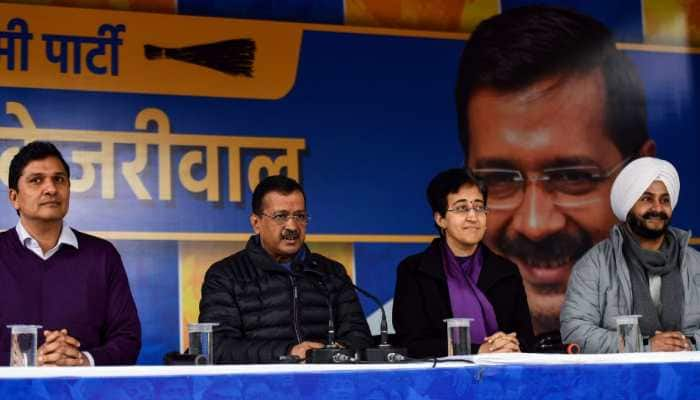UK Visa issue: Theresa May offers easier scheme for Indian businessmen, to welcome brightest students
A joint statement issued after Modi-May talks, said the two Prime Ministers agreed that ensuring simple and effective visa systems depended critically on cooperation to protect the integrity of border and immigration systems.
Trending Photos
New Delhi: India Monday flagged its serious concerns to Britain over its stringent visa norms and hike in threshold limit of annual pay of working professionals to get the travel document even as Prime Minister Theresa May announced two visa programmes, primarily for Indian corporates.
At the same time, May said her government will consider further improvements to its visa offer to India if speed and volume of returns of Indians "with no right to remain" in UK is stepped up to which the Indian side conveyed that it will follow international practice and a proper verification process.
May while announcing the UK offer of two new visa services to improve business travel for Indians to the UK said that under the Registered Traveller Scheme, business travellers will get expedited clearance at the UK border and that India will become the "first visa country" under the scheme.
Under the second programme, she said the Indian Government will become the first government in the world to be invited to nominate business executives to the Great Club, a bespoke visa and immigration service.
During the talks with May, Prime Minister Narendra Modi flagged India's concerns over stringent student visa norms which require students to return home after their courses end. The norms has led to fall in Indian students enrollment in British universities by 50 percent.
The number of study visas issued to Indian nationals fell from 68,238 in 2010 to 11,864 this year, official UK figures show.
Earlier, addressing India-UK Tech Summit with May in attendance, Modi asked Britain to relax student visa rules saying greater mobility of young people must be encouraged while the British Premier said her country has a "good system" for applications.
The contentious issue figured prominently during bilateral talks between Modi and May.
"We flagged our concerns regarding students visa issues, visa issues regarding business travellors and other issues relating to bonafide travellors to the UK," Joint Secretary (Europe) in the External Affairs Ministry Randhir Jaiswal told reporters.
The UK has also raised the threshold limit for salary from 20,800 pounds to 30,000 pounds to get work visa which is expected to impact the Indian companies, particularly those in IT sector.
Asked about May's reported comment that the onus was on India to call back those overstaying in Britain, External Affairs Ministry Spokesperson Vikas Swarup said the issue has been that the UK wanted the "so called returnees" to come back based on their verification.
He said India has been maintaining that it will go by verification at its own level.
Jaiswal said India will "play by the international rules" on the issue. "As and when UK approaches us giving the proper documents for issue and verification of nationality and issue of travel document, we will do what is required to take back our nationals."
Swarup wondered, "How can we accept them because there is no DNA test which can prove (that) in the sub-continent everybody is the same."
Jaiswal said visa and mobility were "very important" subjects as far as India-UK ties are concerned.
Asked about the UK's response to India's concerns over the visa issue, the MEA Joint Secretary said the "response has been positive".
In her press statement after talks with Modi, May said the UK will continue to welcome the brightest and best Indian students, with the latest figures showing that 9 out of 10 applications are granted.
She said both sides agreed to establish a strategic dialogue on home affairs issues covering visas, returns and organised crime.
"As part of this, the UK will consider further improvements to our visa offer if at the same time we can step up the speed and volume of returns of Indians with no right to remain in the UK," she said.
A joint statement issued after Modi-May talks, said the two Prime Ministers agreed that ensuring simple and effective visa systems depended critically on cooperation to protect the integrity of border and immigration systems.
"This included ensuring the timely and efficient return of individuals to their country of origin, as required by their respective national laws.
"Both countries agreed to strengthen co-operation in this area by implementing an expedited process for verifying the nationality and issuing travel documents," the statement said.
While referring to the new visa programmes offered by the UK, it said the two Prime Ministers welcomed the "changes, which will mean that India will have one of the best UK visa services of any country in the world, with more application points than anywhere else and the only place where you can get a same day visa".
"The two Prime Ministers acknowledged the valuable contributions of the 1.5 million strong Indian diaspora to British society and their role in furthering bilateral relations," it said.
"To this end, both parties agreed that visa regimes need to be as simple and efficient as possible for students, businesses, professionals, diplomats and officials and other travellers, including facilitating short-term mobility of skilled personnel between the two countries," the joint statement said.
It said May noted that there remained no cap on overall numbers of international students studying at recognised educational institutions in the UK, that Indian students would continue to be welcome and that the UK Home Secretary had recently announced her intention to consult on changes to the UK student visa regime.
The British Prime Minister said Modi and she discussed how to improve business travel for Indian visitors to the UK.
The joint statement said the two Prime Ministers announced the launch of a senior UK-India dialogue on Home Affairs issues which will take place bi-annually.
"The Prime Ministers expect this dialogue to make progress on key issues of mutual concern, including opportunities to make the visa system simpler and more efficient, and steps to improve the integrity of border and immigration systems," it said.
Stay informed on all the latest news, real-time breaking news updates, and follow all the important headlines in india news and world News on Zee News.
Live Tv







)
)
)
)
)
)
)
)
)
)
